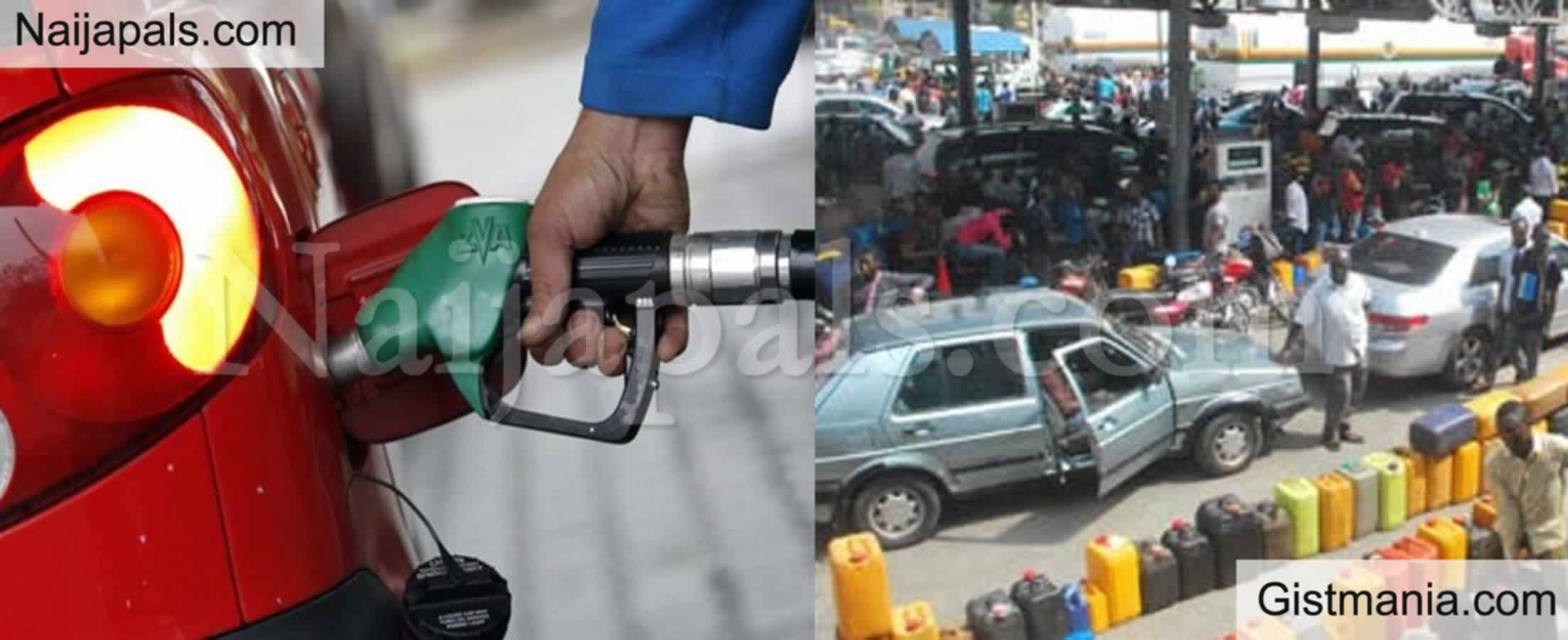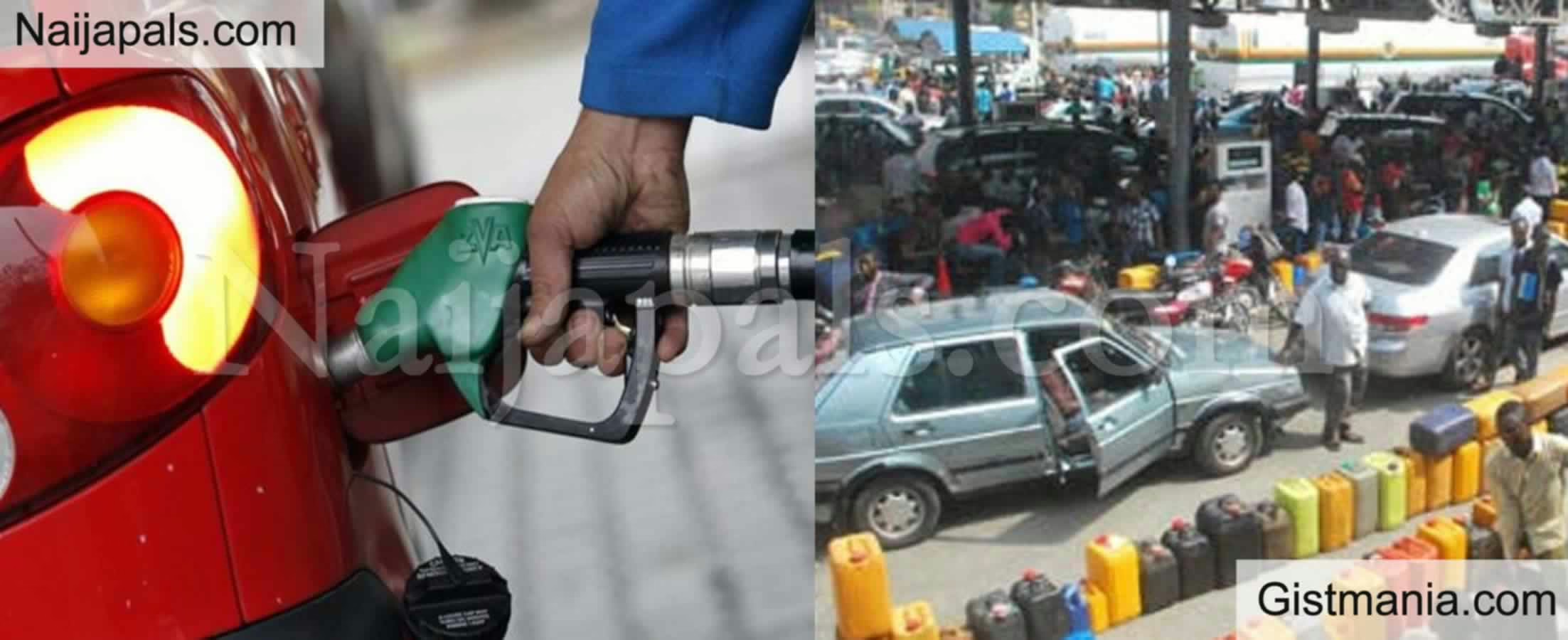
Numerous fuel stations across Abuja, Nigeria’s federal capital, have been closed for over four days due to delays in the launch of Dangote Refinery’s complimentary fuel distribution program.
According to reports, key partners involved in the distribution of fuel from the 650,000-barrel-per-day refinery, such as MRS and Conoil filling stations, are currently facing empty fuel tanks, leading to significant supply interruptions for consumers in the region.
This situation was verified by managers of the affected stations in Abuja on Monday.
“We have been without petrol and diesel for four days now, awaiting deliveries from Dangote Refinery.
“We were informed that supplies would commence on Tuesday, so we expect fuel to arrive around Wednesday,” disclosed a station manager who wished to remain anonymous.
In a brief statement posted on its X platform on Monday, Dangote Group revealed that Conoil, Eternal Super, Nepal Energies, Kifayat Global Energy, and Riquest and Gas have joined forces with the refinery to facilitate the fuel distribution scheme.
Earlier, the company had announced that its fleet of approximately 1,000 compressed natural gas trucks would begin operations on Nigerian roads by September 15, 2025; however, this rollout has yet to materialize for the $19 billion refinery.
Subsequently, the refinery halted self-collection sales of premium motor spirit at its gantry, which had been priced at N820 per litre.
Dangote Refinery has since confirmed plans to resume self-collection gantry sales starting Tuesday.
Billy Gillis-Harry, national president of the Petroleum Products Retail Outlets Owners Association of Nigeria, attributed the supply shortages at some stations to apprehensions among industry stakeholders regarding Dangote’s entry into the downstream petroleum sector.
He emphasized that the downstream market cannot be effectively managed by a single entity, cautioning that the refinery might lack the capacity or operational efficiency to ensure uninterrupted fuel delivery nationwide.
Gillis-Harry advocated for Dangote Refinery to collaborate with existing marketers and adopt a division of labor approach to enhance operational efficiency.
He warned Nigerians to remain cautious about Dangote Refinery’s dominance in fuel distribution.
“Managing the entire supply chain-from refining to depot management and retail-is an enormous challenge.
“Currently, Dangote aims to control the refinery, depots, and retail outlets, which is unprecedented.
“This process took the industry a decade to stabilize, and we encourage Dangote to partner with other players.
“Even if Dangote deploys tens of thousands of trucks, efficiency will be limited without shared responsibilities.
“A collaborative approach among stakeholders is crucial for smooth operations.
“We must be vigilant because Dangote’s control over sectors like cement and sugar has not led to lower prices; the same could happen in fuel,” he explained.
Reports also highlight ongoing tensions between Dangote Refinery, the Depot and Petroleum Products Marketers Association of Nigeria (DAPPMAN), and the Nigeria Union of Petroleum and Natural Gas Workers (NUPENG) over the refinery’s fuel distribution strategy.
DAPPMAN and NUPENG have accused Dangote Refinery of attempting to monopolize the downstream market, a claim the refinery has denied, countering that DAPPMAN is demanding N1.5 trillion in fuel subsidy payments-an allegation marketers also reject.
Current fuel prices range from N865 to N920 per litre in Lagos and Abuja, respectively.























0 Comments